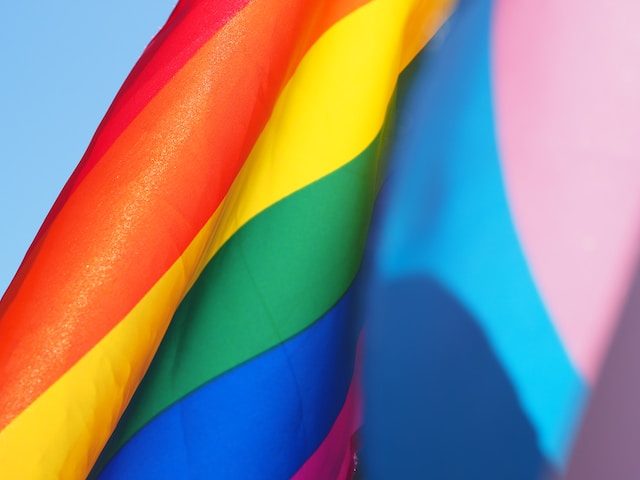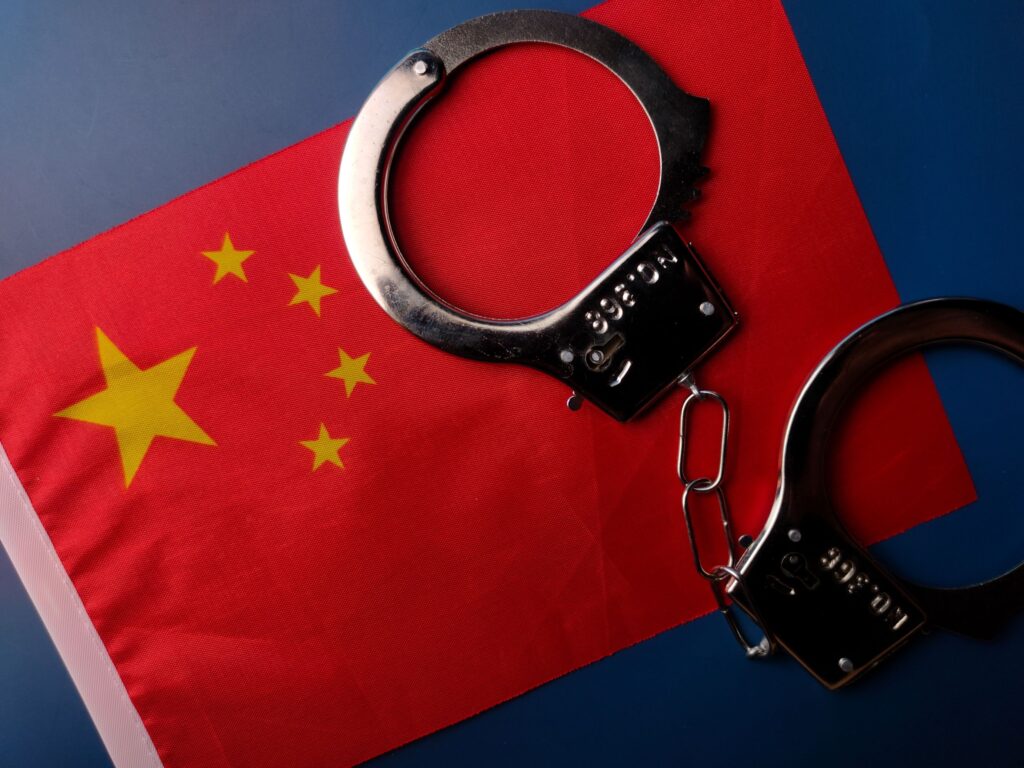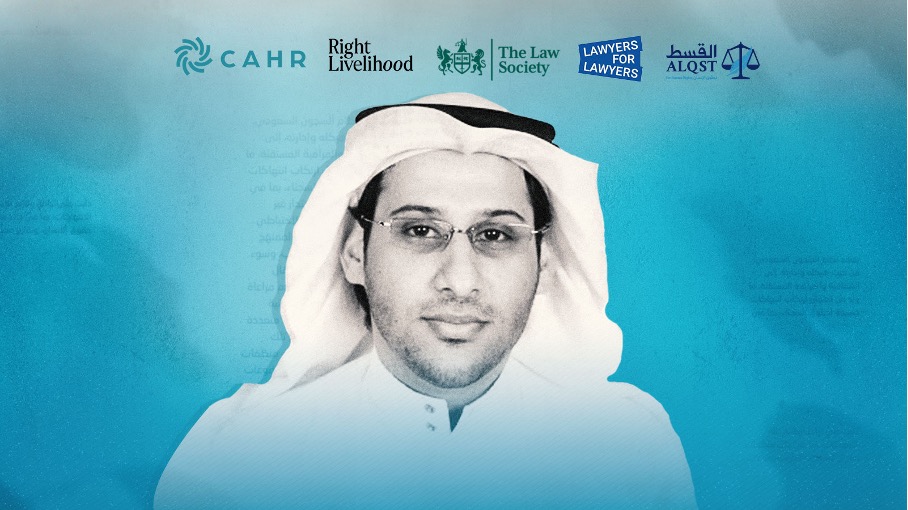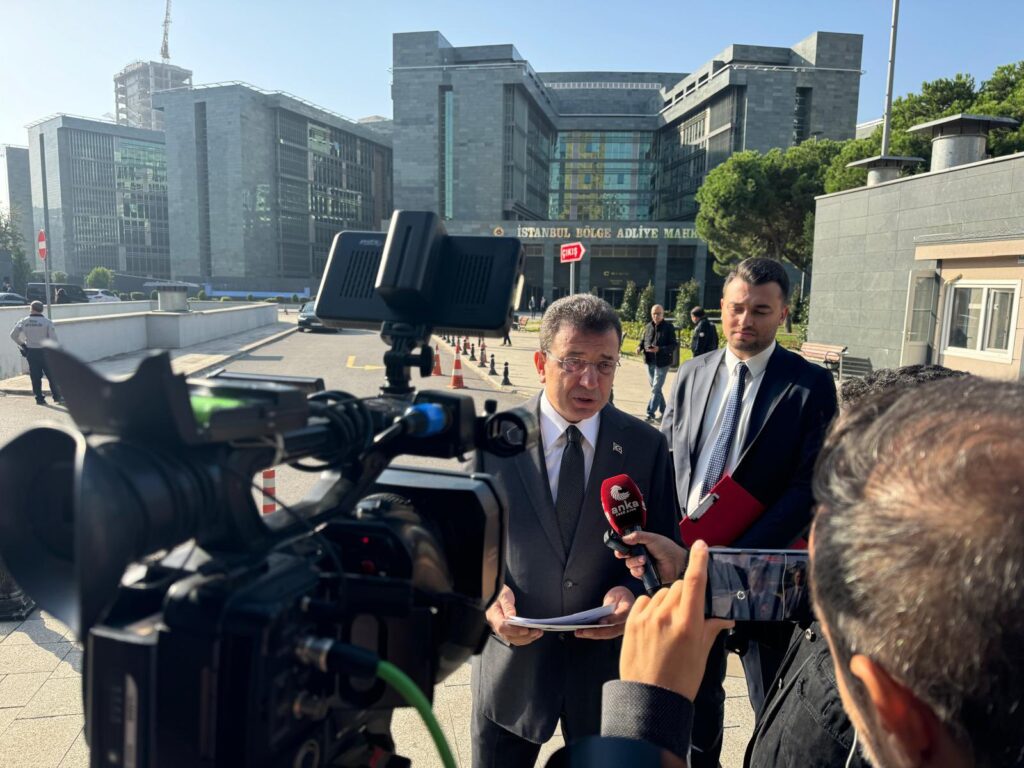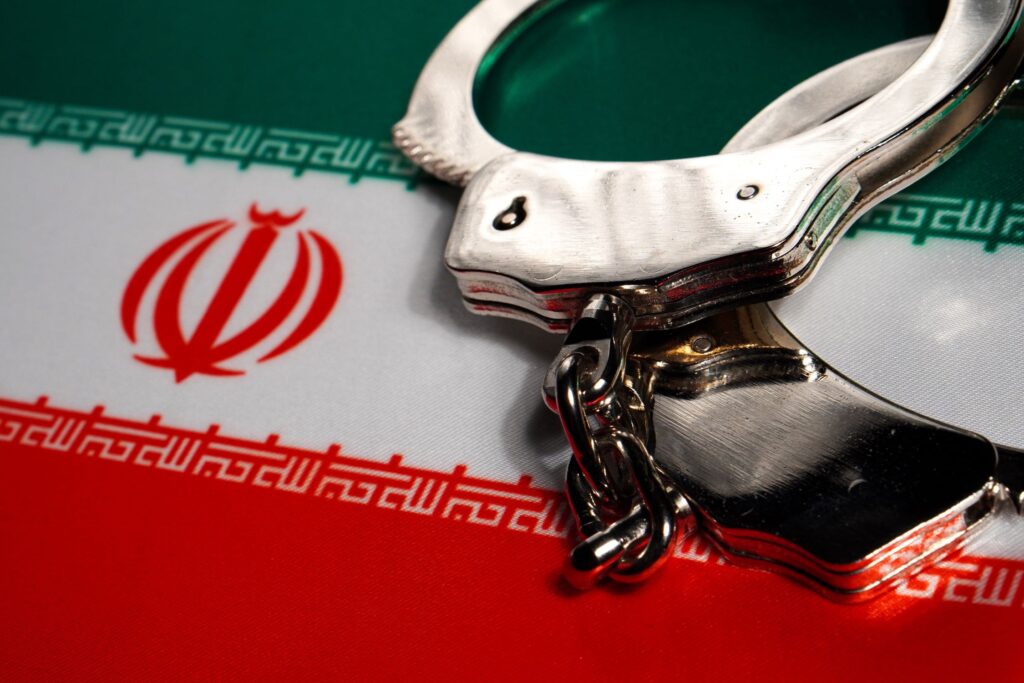On 21 March 2023, the Ugandan parliament passed the Anti-Homosexuality Bill of 2023. The Bill is claimed to “protect the traditional family” and introduces severe punishments for “homosexual acts”. It even introduced the death penalty. Lawyers for Lawyers is concerned about the effects of this Bill on civil society and on the independent functioning of lawyers.
The Anti-Homosexuality Bill criminalizes any form of sexual relations between persons of the same sex including the attempt to perform a homosexual act.[1] Moreover, so called “serial offenders” of the Bill would even be susceptible for the conviction to the death penalty.[2] The Bill prohibits the promotion or recognition of sexual relations between persons of the same sex. Following the Bill, the promotion of homosexuality includes knowingly advertising, publishing, printing, broadcasting, and distributing promotion or encouragement of homosexuality[3] and operating an organisation which promotes or encourages homosexuality or the observance or normalization of conduct that is prohibited under this Act.[4] Conviction under these articles could lead to up to 20 years imprisonment.
Another matter of the Bill that we are gravely concerned about is that offences of a legal entity mentioned under the “promotion of homosexuality” could also lead to up to 20 years imprisonment and the fine of maximum 50 000 currency points, suspense of licenses for a period of 10 years or cancellation of the license of the legal entity for good.[5]
For many years already, members of the LGBTQ+ community in Uganda have faced police extortion, loss of employment, residential evictions and arbitrary arrests. The proposed Bill is yet another step in the Ugandan crackdown on same sex relations.
For many years Lawyers for Lawyers has seen that the stigmatization of the LGBTQ+ community also affects lawyers representing these groups. Lawyers are being identified with their clients, intimidated and hindered in performing their professional duties. For example, several law offices have been raided and lawyers face difficulties in accessing their clients. Our fear is that legal defence of a person facing charges under the proposed Bill, will be seen as aiding, abetting, or promoting to engage in “acts of homosexuality”. The results of this will be that people who are part of LGBTQ+ community will find it difficult, and possibly even impossible, to have themselves represented by a lawyer. This applies not only to people suspected of a violation of the Bill but also to any other charge against such person. After all, providing legal assistance to such persons might be seen as providing assistance to a homosexual as referred to in the Bill. This means that these persons are completely deprived of legal assistance. Conviction of charges under the Bill could lead to fines or up to 20 years imprisonment and even the death penalty.
The aforementioned would gravely impact the right to a fair trial (Article 14 ICCPR), the right to security of person (Article 9), the right to privacy (Article 17(1)) and the right not to be subjected to unlawful attacks on a person’s honor and reputation (Article 17(2)).[6]
The United Nations Basic Principles on the Role of Lawyers, Article 16, unequivocally states that governments must ensure that lawyers:
“are able to perform all of their professional functions without intimidation, hindrance or improper interference”, ‘are able to travel and to consult with their clients freely both within their own country and abroad’ and “shall not suffer, or be threatened with, prosecution or administrative, economic or other sanctions for any action taken in accordance with recognized professional duties, standards and ethics.” Additionally, Article 18 holds that “Lawyers shall not be identified with their clients or their clients’ causes as a result of discharging their functions.”[7]
Further, Basic Principles 7 and 8 require the State party to ensure
“that all persons arrested or detained, with or without criminal charge, shall have prompt access to a lawyer, and in any case not later than forty-eight hours from the time of arrest or detention” and “all arrested, detained or imprisoned persons shall be provided with adequate opportunities, time and facilities to be visited by and to communicate and consult with a lawyer, without delay, interception or censorship.”[8]
In order to maintain the rule of law and allow legal professionals to fulfil their role in protecting rights and freedoms, Lawyers for Lawyers, calls on the authorities in Uganda to drop the Anti Homosexuality Bill and to ensure sufficient safeguards are in place, both in law and in practice, to guarantee the full independence and safety or lawyers and their effective protection against any form of retaliation in connection with their professional activity.
[1] Article 2(3) of the Anti-Homosexuality Bill.
[2] Article 3 (2)(d) of the Anti-Homosexuality Bill.
[3] Article 11 (2)(b) of the Anti-Homosexuality Bill.
[4] Article 11(2)(c) of the Anti-Homosexuality Bill.
[5] Article 11(3) of the Anti-Homosexuality Bill.
[6] International Covenant on Civil and Political Rights (adopted 16 December 1966, entered into force 23 March 1976) 999 UNTS 171 (‘ICCPR’). Interference in the work of lawyers may lead to violations of the right to a fair trial under article 14 of the ICCPR, as has been recognized by the Committee. Human Rights Committee, General Comment No.32, CCPR/C/GC/32, paragraph 34. In particular, the Committee has stated that “lawyers should be able to advise and to represent persons charged with a criminal offence in accordance with generally recognized professional ethics without restrictions, influence, pressure or undue interference from any quarter.” See also Declaration on the Right and Responsibility of Individuals, Groups and Organs of Society to Promote and Protect Universally Recognized Human Rights and Fundamental Freedoms, in particular article 12.
[7] Basic Principles on the Role of Lawyers, adopted by the Eight United Nations Congress on the Prevention of Crime and the Treatment of Offenders, Havana, Cuba, 27 August to 7 September 1990 (‘Basic Principles’). Basic Principles 16 and 18.
[8] Basic Principles 7 and 8.
